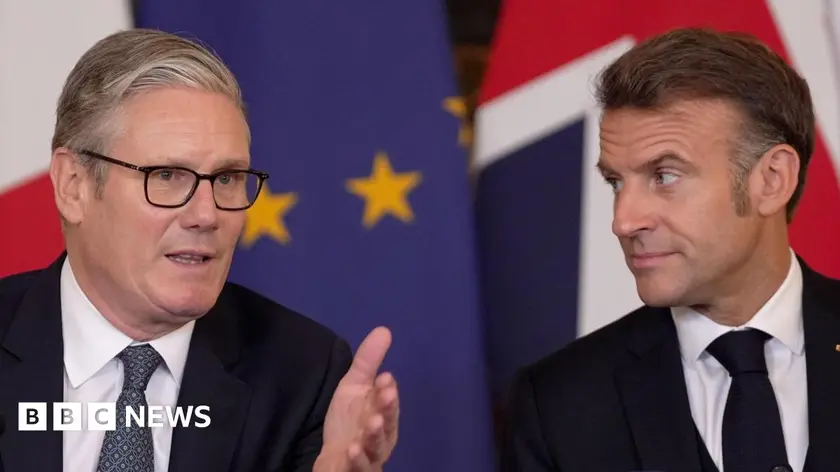T4K3.news
US UK Gaza policy fails to converge
Diplomacy continues as Washington and London mull Gaza policy, with recognition of Palestine still a contentious point after talks at Chevening
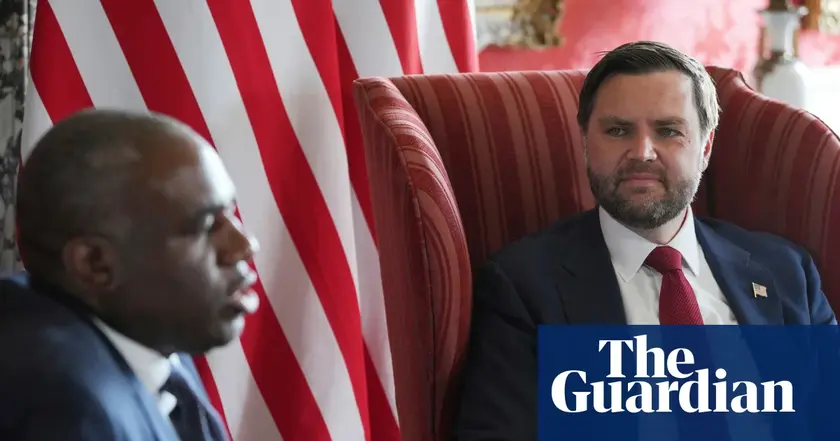
US and UK policy gaps on Gaza surface as JD Vance meets David Lammy, highlighting disagreements over recognizing a Palestinian state.
US UK clash on Gaza policy as Vance meets Lammy
US Vice President JD Vance arrived in England for a private weekend at Chevening House to meet UK Foreign Secretary David Lammy. The talks covered the Gaza crisis, the war in Ukraine, and trade policy, with a government source calling the meeting constructive. The visit balanced warmth with public signs of policy difference between Washington and London.
Before the talks, Vance was asked about the UK plans to recognise Palestine. He replied that the United Kingdom would make its own decision and that the US has no plans to recognise a Palestinian state, arguing that recognition would be unclear given the lack of a fully functioning government there. He emphasized that both governments want to end the Gaza crisis but may disagree on the path to reach that goal. Lammy framed the exchange as part of a healthy democracy where common ground and disagreements coexist.
The bilateral comes as Prime Minister Keir Starmer urged Israel to rethink its plan to take over Gaza City, warning it could worsen bloodshed. The broader context includes ongoing humanitarian concerns and international pressure for a ceasefire and increased aid, alongside discussions about technology and trade ties between the two nations.
Key Takeaways
"We have no plans to recognise the Palestinian state."
Vance on UK recognition during talks at Chevening
"Commonalities and differences are part of the joy of living in a democracy like ours."
Lammy on political debate during the visit
"The entire collective west got a little too comfortable with censoring rather than engaging with a diverse array of opinions."
Vance broadening critique of Western discourse
The meeting at Chevening reveals how close allies manage persistent policy gaps. Washington’s reluctance to recognise Palestine keeps a long-standing diplomatic line in place, even as London considers its own stance. The public joking about carp in the pond underscores the delicate balance between warmth and hard policy talk in the so-called special relationship.
Looking ahead, the disagreement over recognition could complicate any joint strategy for Gaza, especially as humanitarian needs rise and regional dynamics shift. For US and UK audiences, the conversation signals that diplomacy remains a negotiation of both values and interests, not a single agreed script.
Highlights
- We have no plans to recognise the Palestinian state
- Commonalities and differences are part of the joy of living in a democracy
- The entire collective west got a little too comfortable with censoring rather than engaging with a diverse array of opinions
- Diplomacy lives in the tension between courage and compromise
Gaza policy debate risks political backlash
The public and international response to diverging Gaza policies between the US and UK could deepen political fault lines at home and complicate alliance messaging. The discussion of recognising Palestine touches sensitive political terrain and could provoke backlash from critics and supporters alike.
Diplomacy moves forward in small rooms and big questions alike.
Enjoyed this? Let your friends know!
Related News
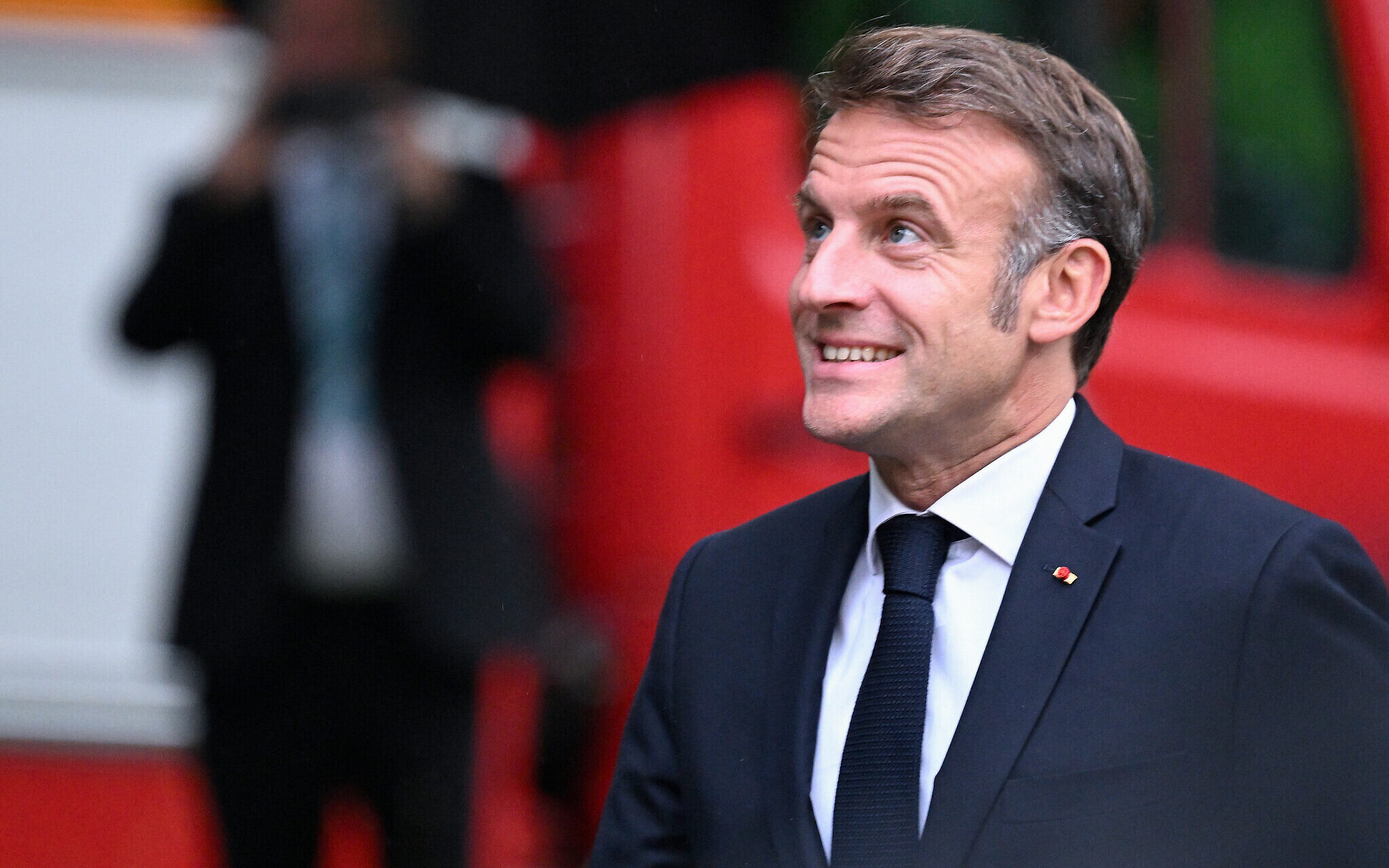
France officially recognizes Palestinian state

Severe malnutrition reported among Gaza children
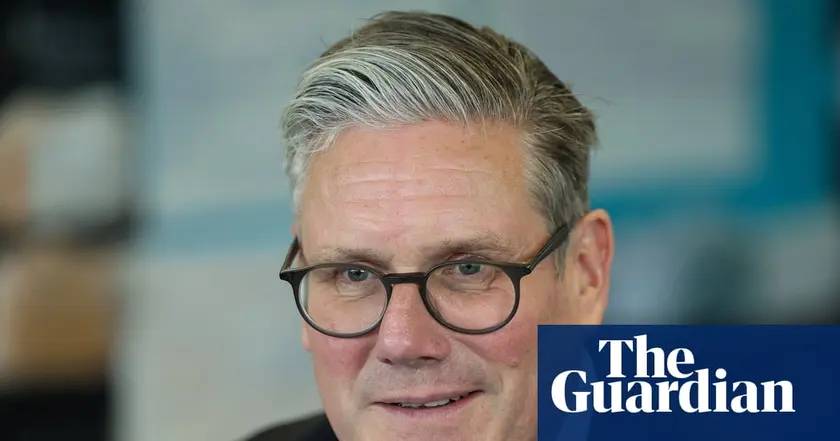
Keir Starmer summons cabinet for Gaza crisis meeting
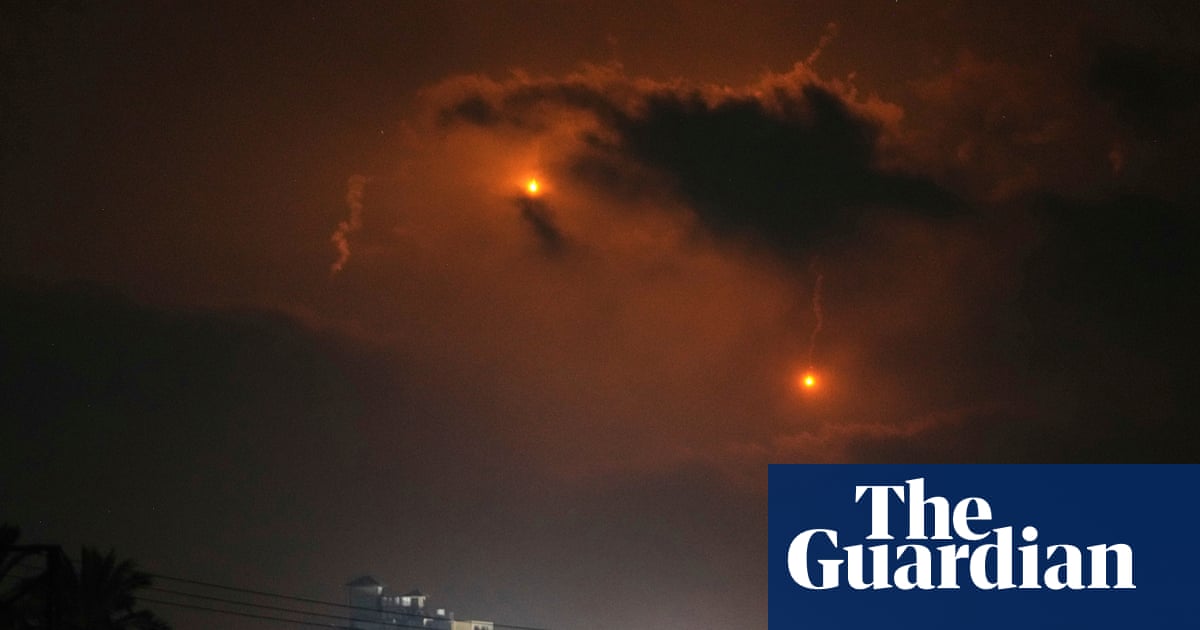
Israel bombed WHO facilities in Gaza
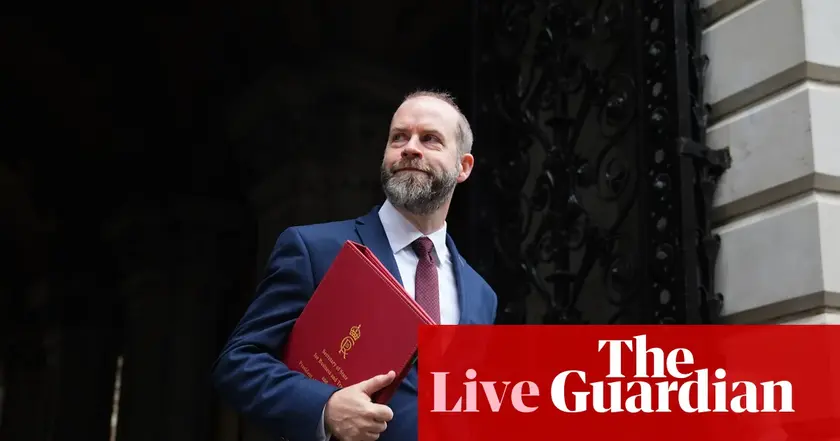
UK government commits to recognizing Palestinian state

UK mandates new online safety regulations

Zelenskyy reports 22 killed in overnight Russian strikes
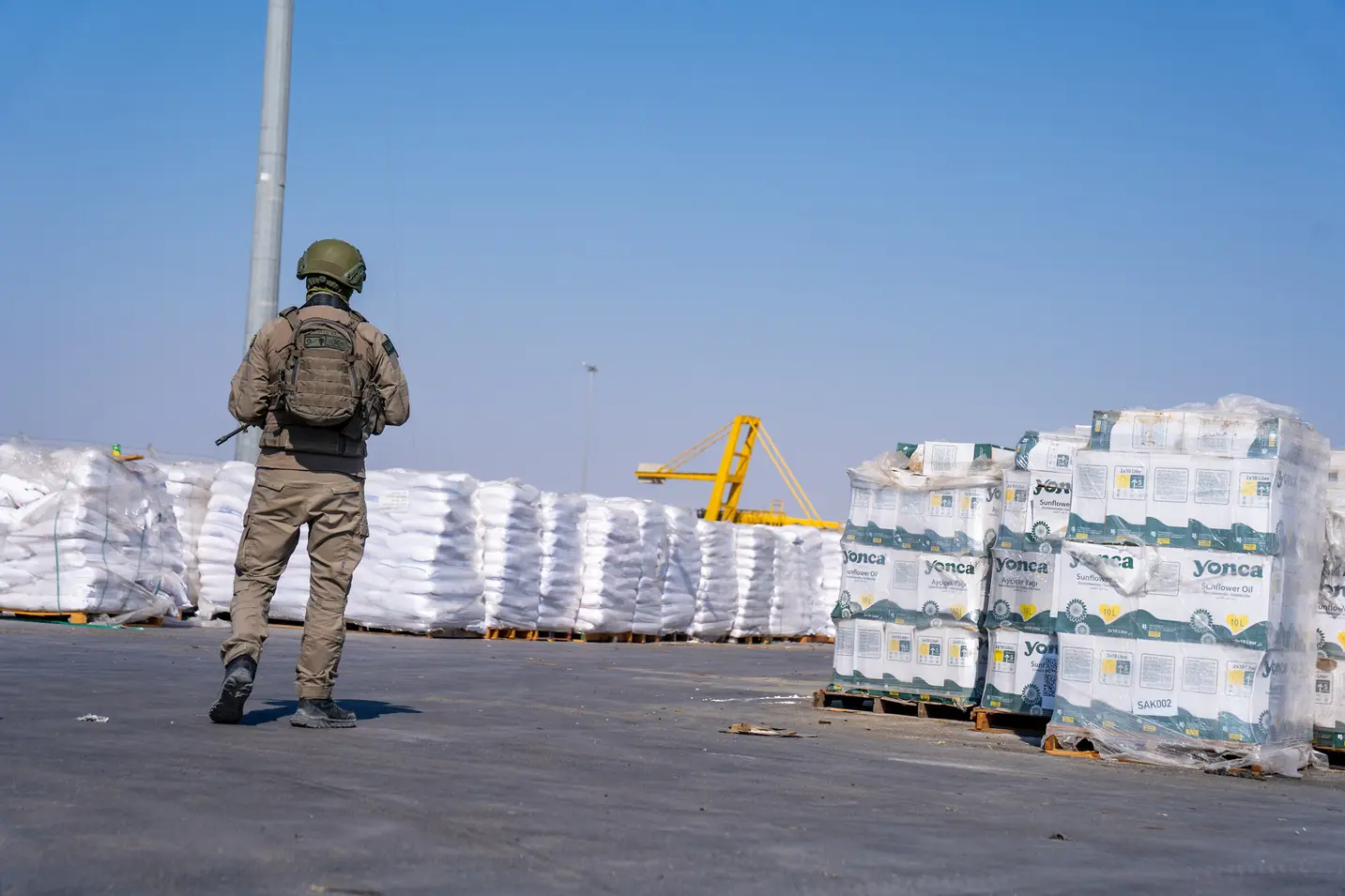
Israel continues to struggle with Gaza aid delivery
